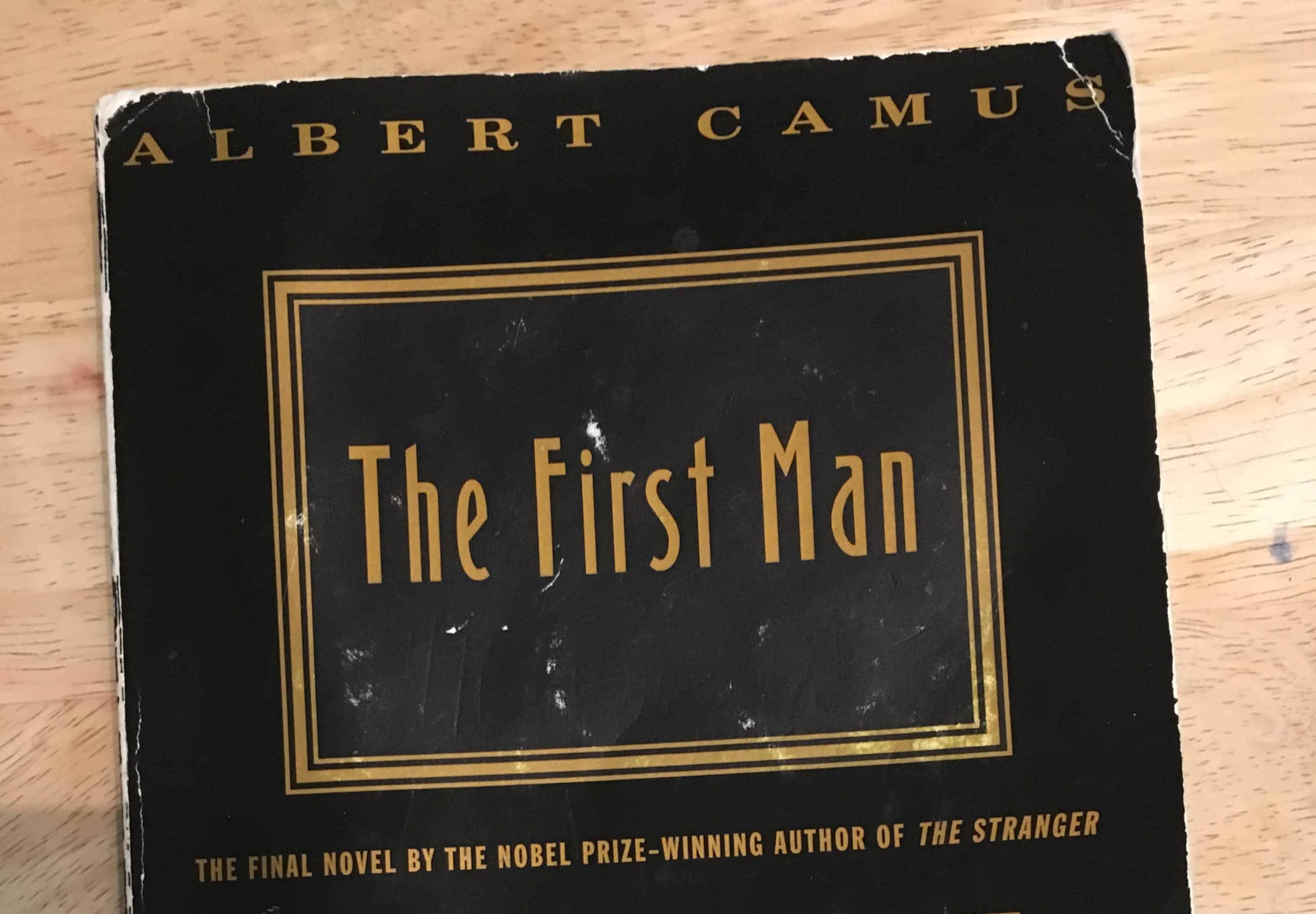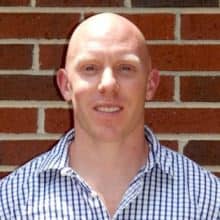Of all the great books Albert Camus wrote, his most inspiring is an unfinished manuscript.
Camus’ draft of an autobiographical novel he called Le Premier Homme (The First Man) was with him the night he died in a car accident in 1960. Many years later his daughter, Catherine, feared her father’s impact wouldn’t last unless she unmasked his personal experiences and feelings. So she edited the manuscript, added punctuation and footnotes, but left as much of her father’s own variants as possible and published it in 1994.
Even in its published form, the 325-page draft lacks paragraph breaks, and notes to “elaborate” and “insert historical details” appear on nearly every page. But it is a wonderfully candid look at what Algeria Camus called home, family that shaped his worldview and, best of all, teachers who gave him a chance.
Main character Jacques Cormery grew up in a three-room apartment with his brother, a deaf uncle, his disabled, illiterate mother and strict Spanish grandmother. Their poverty was “a fortress without drawbridges.” Jacques grew up wearing clothes three sizes too large that wore out before they ever fit. The family had no oven, so he often walked to the neighborhood baker with a dish of cheese and potatoes, paid him a few coins, and carried it home wrapped in steaming cloth.
He spent his early days walking playing soccer in the streets, exploring piles of rubble, and trying not to damage his shoes. On the longest summer days, he walked with friends through Arab markets, flocks of sheep, factories and coconut groves all the way to the sea, then raced home before dark to avoid his grandmother’s whip.
Jacques loved school, at first because being there meant he was not at home, “where want and ignorance made life harder and more bleak.” But an early teacher, Monsieur Bernard, helped him do more than just escape family life by feeding a hunger in his students “more basic even to the child than to the man, and that is the hunger for discovery.”
Jacques became a top student, but his family needed money and made him get a job. Bernard visited their home, convinced his grandmother to keep him in school, and agreed to give him extra lessons and homework. A few weeks later Jacques passed his exams, was accepted into secondary school, and earned a state scholarship. His family celebrated, but he dreaded saying good-bye to his teacher.
“You don’t need me anymore,” Bernard told the boy, “you’ll have teachers who know more. But you know where I am, come see me if you need me to help you.”
The book’s appendix includes a copy of Camus’ letter to his old teacher, written in 1957 after he won the Nobel Prize in Literature. “When I heard the news my first thought, after my mother, was of you,” Camus wrote. “Without you, without the affectionate hand you extended to the small poor child that I was, without your teaching, and your example, none of all this would have happened.”
It was nearly 100 years ago, but the example Bernard sets serving underprivileged kids still holds true today. It was Monsieur Bernard who inspired me to teach when I read The First Man 14 years ago. I often think about his commitment and compassion when I teach my own students, many of whom are not so different from Jacques. He understood the value of teaching his students but also loving them, of holding tightly to high expectations but also taking every opportunity to know his children. Every student deserves at least one teacher like Bernard.



